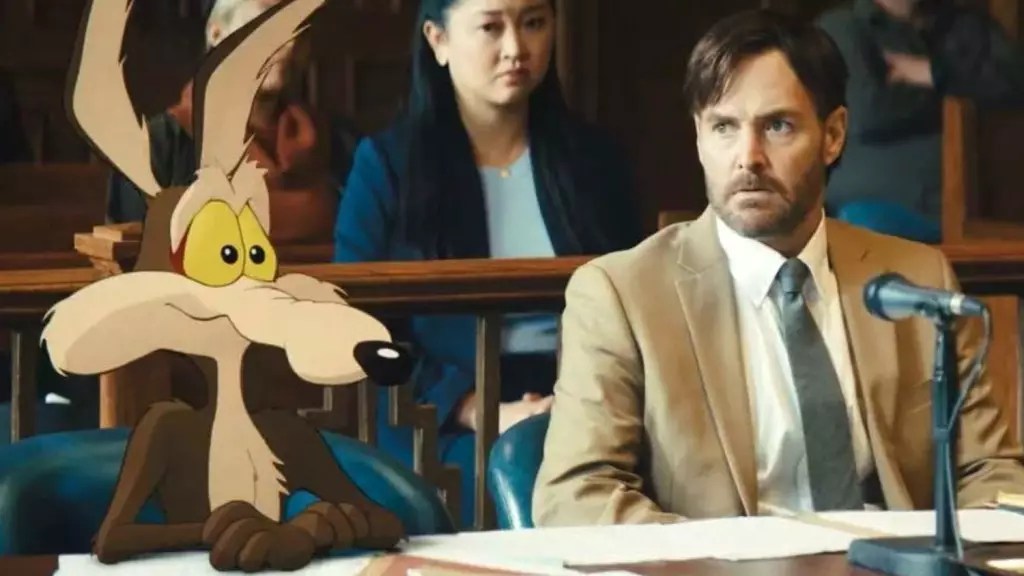The disappointment surrounding the failed release of “Coyote Vs. Acme” is palpable, particularly through the voice of its star, Will Forte. More than a year has passed since Warner Bros. made the highly controversial decision to pull the film from its release schedule, and this moment continues to resonate deeply within the film community. Forte’s recent expression of grief encapsulates the frustrations that artists often face within the film industry when their hard work and creative vision are abruptly dismissed or disregarded. His candid remarks regarding the film’s quality and its treatment reflect not just personal disappointment but a broader commentary on how studios sometimes make choices that overlook the passions and talents of the creative teams behind films.
Forte’s anguish points to a fundamental disconnect in the film industry—one where the creation of art can sometimes feel secondary to the financial calculus behind a product. He emphasizes the deep emotional investment made by the cast and crew in bringing “Coyote Vs. Acme” to life, labeling it a “delightful movie” that deserved an opportunity for audiences to engage with it. His remarks imply that art is not simply a commodity; it is a culmination of hard work, dedication, and emotional labor. Hence, the decision to sideline the film raises critical questions about how decisions are made in Hollywood and the often mercurial nature of production companies’ priorities. Forte’s insistence that the film is “really good” invites audiences to ponder what narratives are being silenced when studios allow profit to dictate which stories are worthy of being told.
Warner Bros. Discovery’s choice to shelve “Coyote Vs. Acme,” along with other projects like “Batgirl” and “Scoob! Holiday Haunt,” for tax write-offs highlights the fiscal pressures faced by studios. Behind the glamorous facade of Hollywood, there exists a cutthroat economy where creativity may ultimately fall victim to bottom-line concerns. Forte’s reflections become a clarion call for those within the industry and the public to recognize the value of artistic endeavors beyond their marketability. He acknowledges that they were reminded of their love for the project, creating a poignant dissonance between personal pride and professional dismissal.
Despite this setback, Forte maintains an optimistic tone, hinting at the potential for the film to see the light of day in the future. The notion that the film could someday be released invites speculation about the industry’s dynamic landscape, especially in an era where streaming and alternative distribution models are revolutionizing how content reaches audiences. Perhaps there exists a future where projects previously deemed unfinancially viable get resurrected in a new form, allowing the storytellers’ visions to connect with audiences.
Ultimately, the case of “Coyote Vs. Acme” serves as an example of the complexities of modern filmmaking. It unveils the heartache of creative risks prematurely abandoned and emphasizes the importance of preserving the integrity of artistic endeavors. As audiences, we can only hope that stories like this are not inadvertently forgotten and that the talent behind them continues to receive recognition, paving the way for future generations to share their narratives uninhibited by corporate constraints.


Leave a Reply